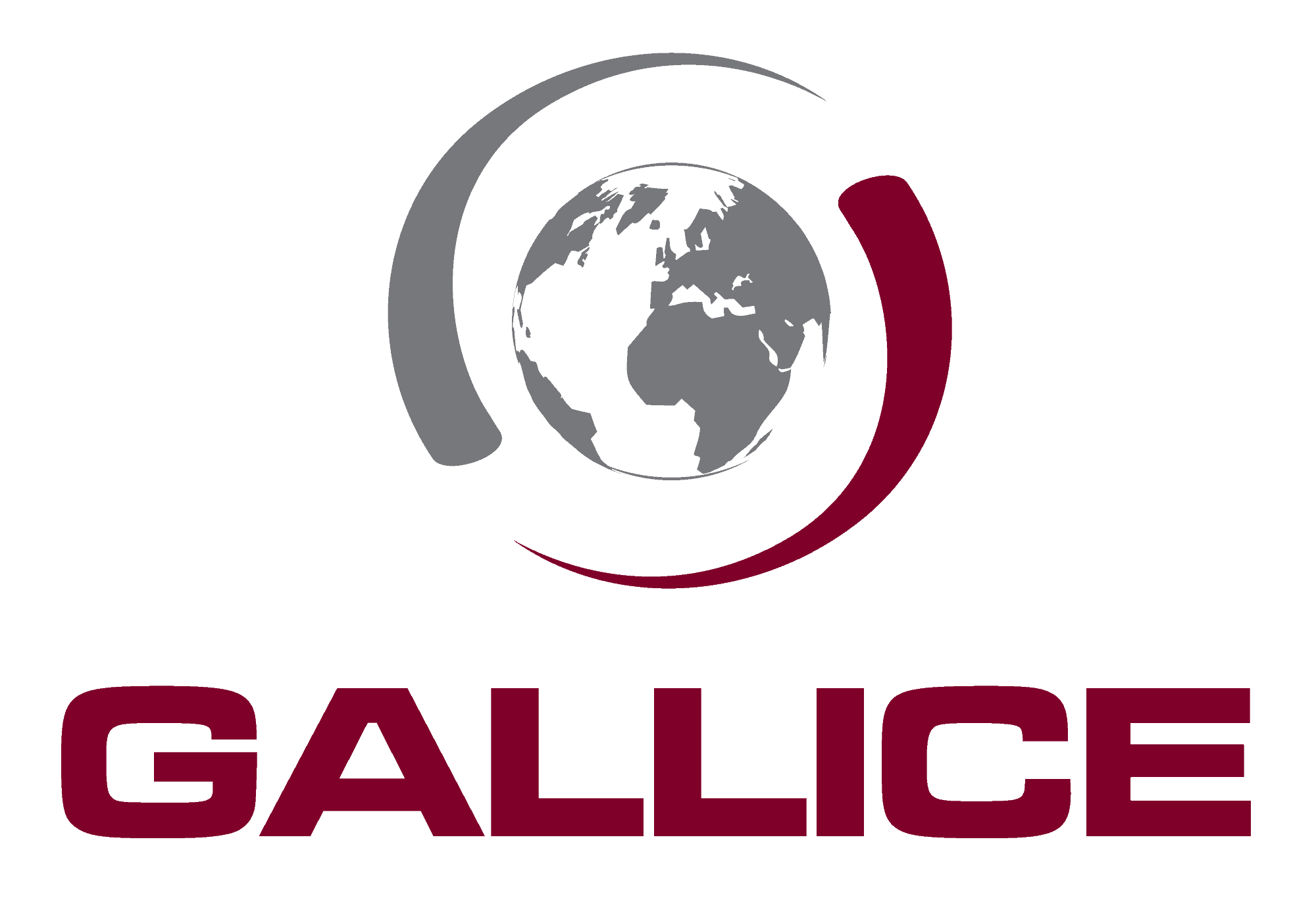AZERBAIJAN
Since its military victory in 2020 and the recapture of Nagorno-Karabakh in 2023, Azerbaijan has strengthened its geopolitical ambitions, notably by seeking to establish the Zangezur Corridor, aimed at connecting its mainland territory to the Nakhchivan exclave and Turkey via Armenia.
This project has drawn opposition from Iran, which fears a loss of its land access to Armenia and an increase in Turkish influence in the region. In response, Iran has proposed an alternative route — the Araz Corridor — to preserve its regional interests.
In 2025, tensions between Azerbaijan and Iran persist, although diplomatic efforts have been undertaken to improve bilateral relations. In April 2025, Iranian President Masoud Pezeshkian made an official visit to Baku, resulting in the signing of bilateral agreements in the fields of transport, culture, and political cooperation. However, incidents such as the execution in May 2025 of a man convicted of carrying out an attack on the Azerbaijani embassy in Tehran in 2023, and the revelation of a thwarted Iranian plot targeting a rabbi in Azerbaijan, have reignited tensions.
Relations between Azerbaijan and Armenia remain strained. In March 2025, the two countries announced that they had agreed on a draft peace treaty aimed at resolving the Nagorno-Karabakh conflict. Nevertheless, ceasefire violations have been reported, particularly around Lake Sev, and skirmishes have taken place along the border. Azerbaijan continues to lay claim to Armenian territories, while Armenia has voiced concerns over Baku’s intentions.
Supported by Turkey, Azerbaijan is consolidating its regional position. Joint military exercises, such as “Winter-2025” in Turkey, have been conducted with the participation of Azerbaijani special forces. This increased military cooperation, combined with infrastructure projects such as the gas pipeline linking Nakhchivan to Turkey, is heightening concerns in both Iran and Armenia over a potential escalation of tensions in the region.
